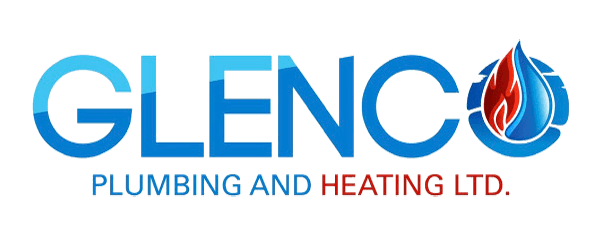Top 7 Plumbing Tips for Homeowners: A Comprehensive Guide - Glenco Plumbing Milton Keynes
Introduction:
Plumbing issues can be a real headache for homeowners, causing inconvenience and potentially costly repairs. However, with the right knowledge and a proactive approach, you can prevent many plumbing problems and minimize their impact. In this blog post, we will provide you with seven practical plumbing tips to help you maintain a healthy plumbing system in your home.
7 Plumbing tips
1. Regularly Inspect and Maintain Your Plumbing:
Regular inspection is crucial to catch any potential plumbing problems early. Check for leaks, drips, water pressure irregularities, and signs of corrosion. Additionally, schedule routine maintenance, such as flushing out your water heater, cleaning faucet aerators, and ensuring proper drainage.
2. Prevent Clogs:
Clogged drains are one of the most common plumbing issues. To prevent clogs, be mindful of what you put down your drains. Avoid pouring grease, coffee grounds, or food scraps down the kitchen sink. Consider using hair catchers in your bathtub and shower drains to prevent hair buildup. Regularly flush your drains with hot water to keep them clear.
3. Be Cautious with Chemical Drain Cleaners:
Chemical drain cleaners may provide a quick fix for a clogged drain, but they can also cause damage to your pipes over time. Instead, try using a plunger or a plumbing snake to clear minor clogs. If the problem persists, it's best to call a professional plumber.
4. Know the Location of Your Main Water Shut-Off Valve:
In the event of a plumbing emergency, knowing the location of your main water shut-off valve is crucial. This valve stops the flow of water to your entire house, preventing potential flooding. Familiarize yourself with its location and make sure you can easily access it.
5. Avoid DIY Plumbing Repairs beyond Your Skill Level:
While it's great to tackle minor plumbing issues yourself, it's important to recognize your limitations. Attempting complex repairs beyond your skill level can lead to further damage and costly repairs. If you're unsure, it's best to consult a licensed plumber.
6. Insulate Pipes to Prevent Freezing:
Frozen pipes can lead to burst pipes and extensive water damage. To prevent this, insulate exposed pipes in unheated areas, such as basements, crawlspaces, and attics. Use pipe insulation sleeves or heat tape to protect them during cold weather.
7. Invest in Quality Plumbing Fixtures:
When it comes to plumbing fixtures, quality matters. Cheap and low-quality fixtures are more prone to leaks, drips, and other plumbing issues. Invest in reliable, water-efficient fixtures that can help you save water and reduce your utility bills in the long run.
Conclusion:
By following these seven plumbing tips, you can significantly reduce the likelihood of plumbing problems in your home. Proper maintenance, regular inspections, and knowing when to call a professional can save you from costly repairs and ensure a healthier plumbing system. Remember, prevention is key when it comes to maintaining a well-functioning plumbing system. Glenco Plumbing Milton Keynes


